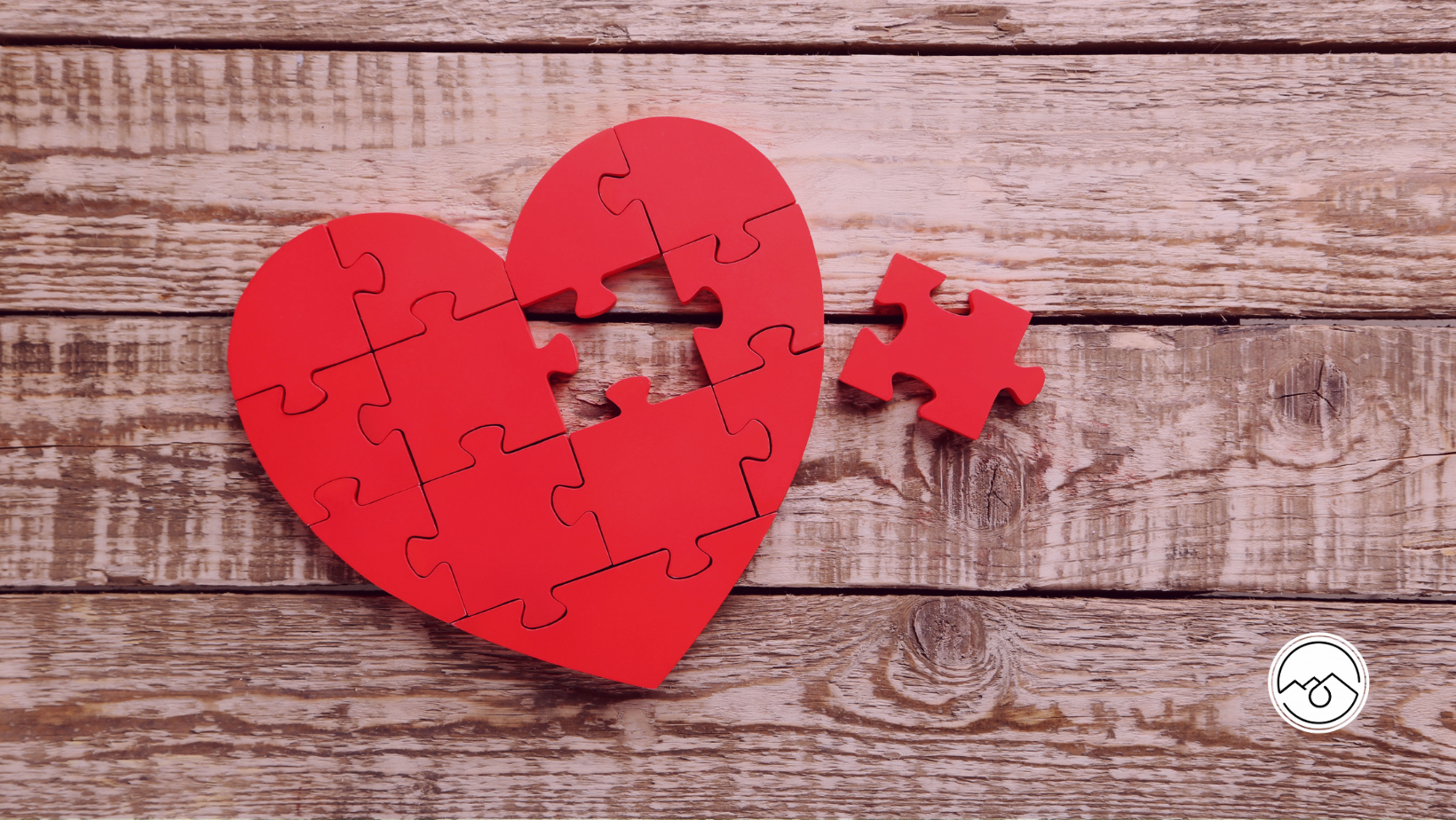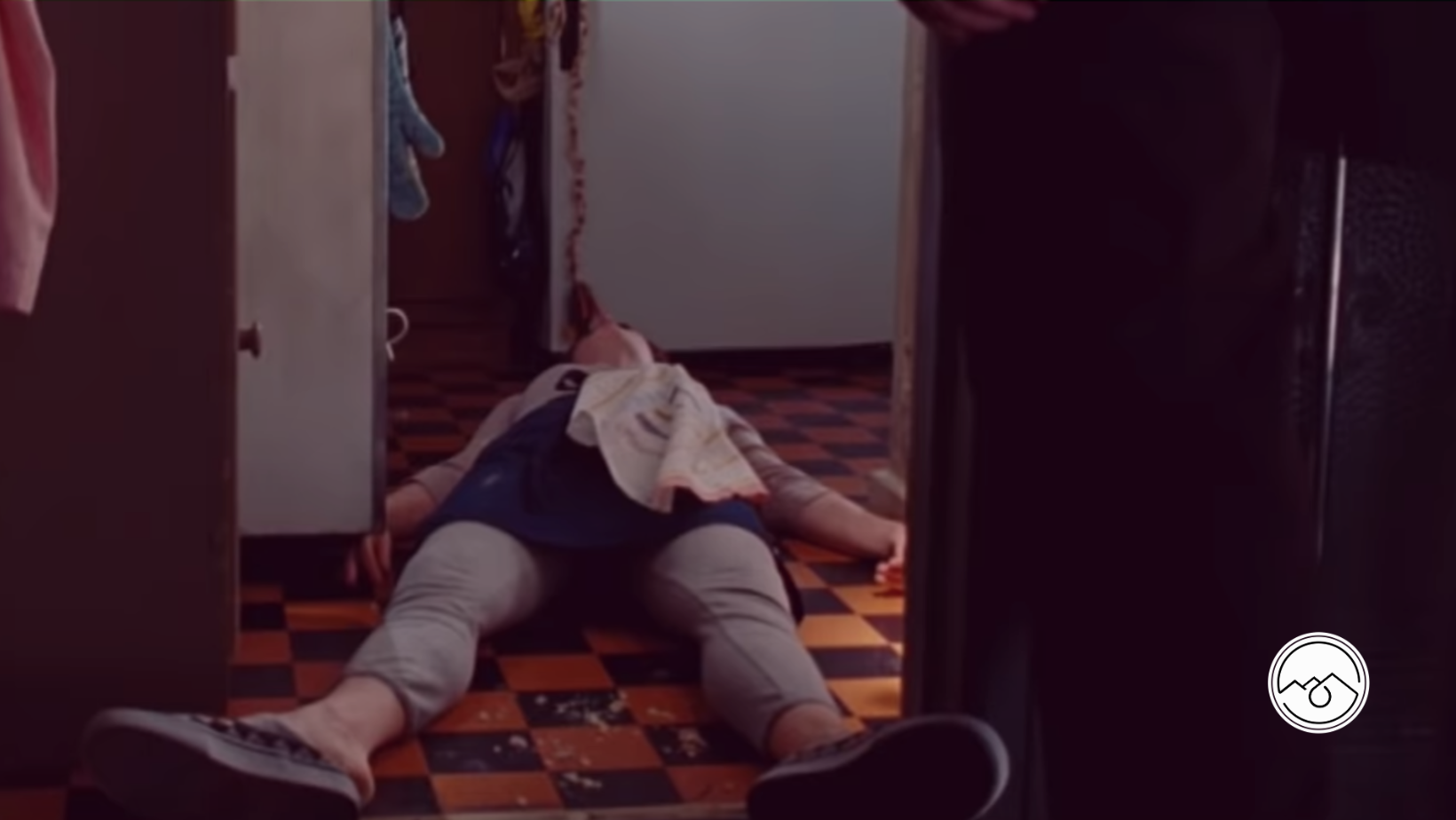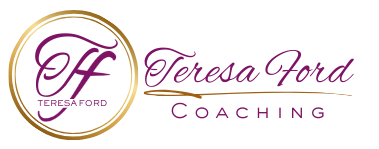Blog Post #23
Navigating Fear -
How to Put Your Fear Brain to Rest
The Noise of the World vs. The Noise Within
In today’s world, the noise is everywhere. It's on the news, social media, and in the constant chatter about what everyone else is doing, thinking, and believing. Sometimes, the noise from the outside world is nothing compared to the noise inside our own minds. The constant questions, doubts, and what-ifs can feel paralyzing.
We ask ourselves:
- “Did I make the right choice?”
- “Am I doing the right thing?”
- “Should I believe this or that?”
- “What’s causing my fear right now?”
This fear often comes not just from external sources, but from within. It can be rooted in deep-seated beliefs and experiences that we haven’t fully processed or healed from. It shows up as doubts about our careers, relationships, or personal growth. We wonder if we’re truly capable or worthy of a better life.
Understanding Fear as a Fragmented Part of You
Fear is often a part of our fragmented self, an emotional response that stems from underdeveloped parts of us—the inner child or the part of us still holding onto past trauma. Let me break that down.
As children, we didn’t have the tools to handle adult situations. When we saw our parents arguing about money or dealing with major stress, we may have internalized that fear and believed it was our job to fix it. But, as children, we were underdeveloped and emotionally unequipped to manage such complexities.
When you're a kid and you're faced with stressful adult situations, you don’t have the emotional maturity to process it all. The fear, the uncertainty, the overwhelming emotions—they get trapped in a part of your brain that never fully develops. This is the fear that we are trying to navigate as adults.
The Impact of Early Life Conditioning
Much of the fear we experience as adults originates from childhood conditioning. If you grew up witnessing emotional turbulence or financial stress in your home, your fear brain might still be holding onto that. It creates patterns of insecurity, like the belief that love is conditional or that nothing will ever be enough.
For example, maybe you grew up in an environment where money was always tight, and you learned to be afraid of uncertainty and change. Maybe you saw your parents struggle with their relationship, and you internalized the belief that love is something you have to earn.
These experiences leave emotional imprints that stay with us. They feed the fear of abandonment or the fear of rejection, causing us to act in ways that don’t align with who we are now.
The Fear Cycle: How It Holds You Back
The most exhausting part about fear is its cycle. When you feel fear triggered, you’re often trying to manipulate or control a situation to avoid pain. That’s where the addiction to fear begins—you start reacting based on these old, underdeveloped beliefs.
For instance, I’ve had times when I was desperate for love and validation and would do whatever it took to feel accepted, even if it meant compromising myself. That was my fear brain talking—telling me that I wasn’t good enough on my own. I believed that if I didn’t try hard enough, I would be abandoned.
The fear of abandonment is tied to a deep-seated belief that we have to prove ourselves—to prove we are worthy of love, success, or even basic acceptance. This leads to codependency, where we seek approval from others, often sacrificing our own needs and well-being.
A Personal Story: Breaking the Cycle
I would like to share a personal story to illustrate how fear-driven decisions can impact our lives. In my first marriage, my husband and I struggled to connect emotionally. He had an avoidant attachment style, and I had an anxious attachment style. I was desperate for love and connection, while he was emotionally distant, unable to meet my needs.
One evening, in frustration, I confronted him, saying, “You love the kids more than you love me.” This comment triggered something deep inside me—a fear of not being loved, which I internalized from childhood. That was my fear brain talking, not my rational, mature self.
I wanted to be loved and validated, but I hadn’t done the internal work to love myself first. My fear of abandonment drove me to accept a relationship that wasn’t right for me, just to avoid being alone. The more I tried to get love from him, the more disconnected we became.
Fear Brain vs. Your True Self
When you’re in fear, you’re not listening to your true self. You’re listening to a part of you that is emotionally stuck, often in the past. It’s the fear brain, which thrives on uncertainty, not knowing, and the belief that love is something you need to chase and prove.
But the truth is, you are love, just as you were born. You do not need to chase love. You are already worthy of it.
The key to navigating fear is to separate the fearful voice from your true self. Your true self knows that love, success, and happiness are not contingent on others’ approval. You were born worthy of all of it.
How to Put Your Fear Brain to Rest
Recognize the Fear: When fear arises, pause and ask yourself: Who is talking? Is it the underdeveloped, fearful part of you that is still stuck in childhood? Or is it your mature, adult self who can navigate uncertainty with confidence?
- Challenge the Fear: Ask yourself: Is this fear real? What evidence do I have that supports this fear? In many cases, the fear is based on past trauma or false beliefs that you’ve internalized. Challenge it by seeking the truth. Fear doesn’t want you to see the truth because it thrives on uncertainty.
- Trust Your Intuition: Your true self is connected to a deeper wisdom. Trust your gut and know that you have the strength and wisdom to navigate life’s challenges. Your fear brain is not your true guide.
- Shift Your Focus: When fear comes up, it’s easy to get stuck in negative thinking. Instead, shift your focus to what’s working and what you want. If fear is pulling you in one direction, deliberately choose to move in the opposite direction—toward alignment, toward love, toward what feels right.
- Give Yourself Compassion: Healing from fear requires self-compassion. Don’t beat yourself up when fear arises. Acknowledge it and be kind to yourself. It’s okay to feel fear, but don’t let it control you.
The Power of Self-Awareness
Ultimately, self-awareness is the key to navigating fear. When you are aware of your fears, you can choose not to be governed by them. You can decide to trust your adult self, the one who has the tools, knowledge, and wisdom to face life’s challenges head-on.
Fear is a part of life, but it doesn’t have to control you. By identifying where it’s coming from, questioning its validity, and trusting yourself, you can begin to put your fear brain to rest and step into a life of confidence, peace, and alignment.
If you need guidance on how to proceed, please don't hesitate to reach out. I’m here to help. You can email me at teresafordcoaching@gmail.com.
Take care, and remember: You are already enough.
Note: You can access the full blog content in audio versions on Spotify and YouTube. Happy listening! 🎧
#traumaandsomatics #emotionalregulation #somatic #confidence#nervoussystemhealing #overwhelmed #exhausted #restless #stressrelease #traumarelease #stressrelief #somatichealing #anxiety #anxietytips #depression #emotion #nervoussystemhealth












